Rajshahi and its surrounding regions are currently in the grip of an intense heatwave, causing distress to residents and posing challenges for agricultural activities. Environmental scientists attribute this prolonged heatwave to various factors, including regional geographical location, climate change, and the impact of 'El Niño' phenomenon.
The scorching temperatures have taken a toll on seasonal fruit plantations, particularly mango and litchi farms, with reports of damage due to the intense heat. Farmers are grappling with the loss of fruit buds and premature fruit dropping, exacerbating their already challenging circumstances.
Despite the adverse conditions, individuals like sixty-year-old Hafizur Rahman continue to brave the heat to pursue their livelihoods. Rahman, undeterred by the sweltering weather, emphasizes the difficulties posed by this year's exceptionally high temperatures, even for those accustomed to working in hot weather.
Experts highlight the role of factors such as deforestation and unplanned urbanization in exacerbating the heatwave, emphasizing the need for proactive measures to mitigate its effects. Pabna Science and Technology University's Dean of Life and Earth Science Department, Rahidul Islam, underscores the significance of regional climatic conditions, particularly the influence of the Bay of Bengal's western ghat on temperature patterns.
Amidst concerns over agricultural impacts, authorities are prioritizing irrigation management to alleviate the heat's impact on crops, particularly paddy cultivation. Recommendations from agricultural experts include regular irrigation, mulching, and periodic spraying of water to mitigate heat stress on crops.
The Agriculture Extension Department, led by Additional Deputy Director (Cereals) Sharmin Sultana, reassures farmers of ongoing monitoring efforts to ensure uninterrupted irrigation management and minimize agricultural disruptions during this challenging period.
With temperatures hovering between 39 and 41 degrees Celsius in Rajshahi district for the past week, the Meteorological Office predicts that the heatwave may persist for several more days, underscoring the urgency of adaptive measures and sustained support for affected communities and agricultural sectors.



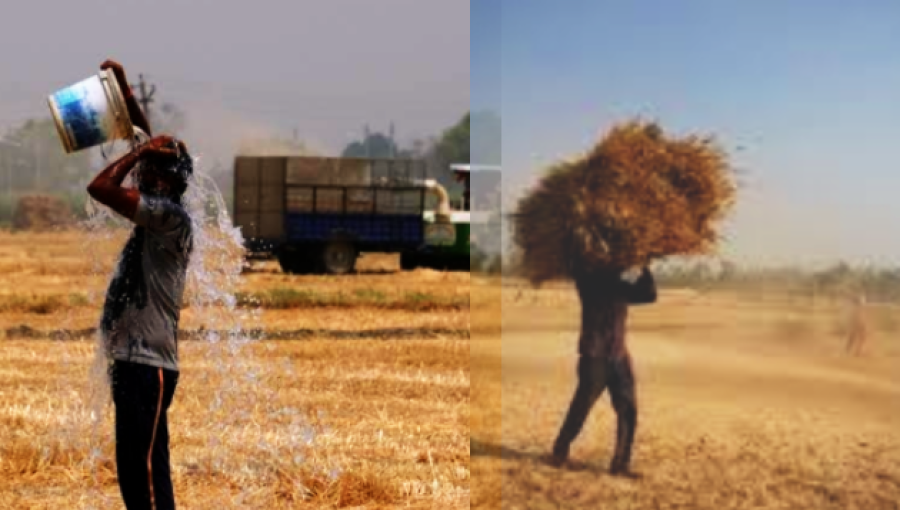
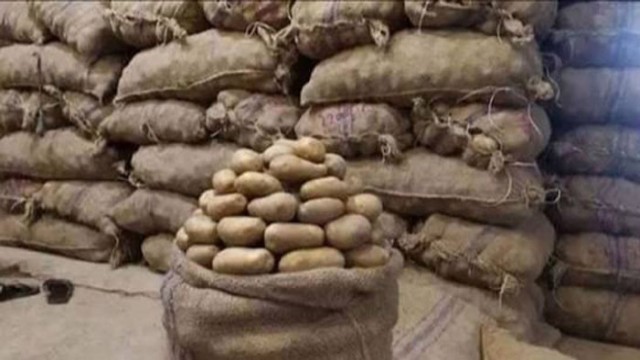
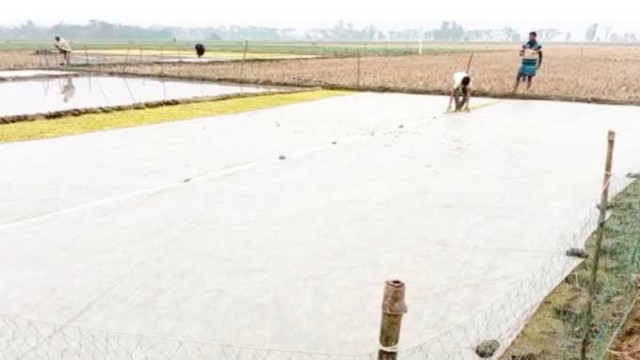
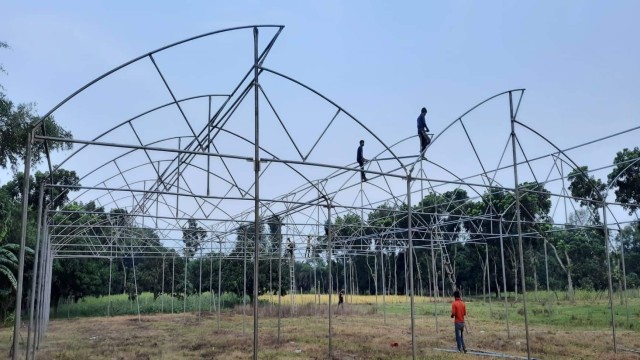

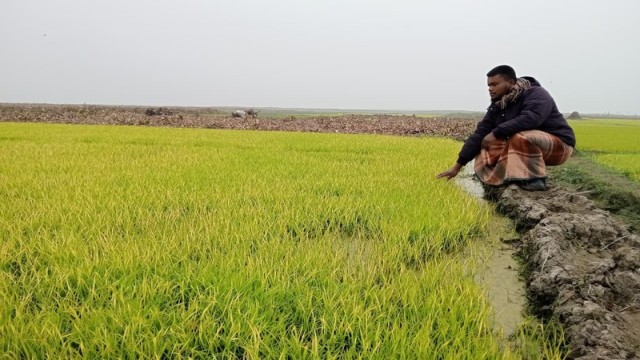
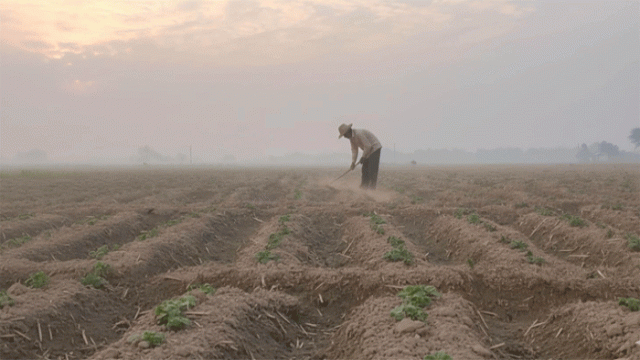



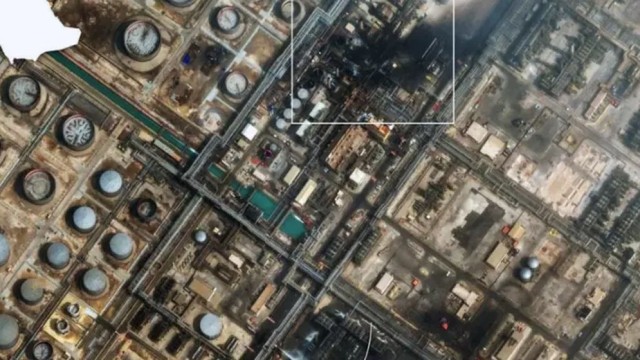

















Comment: